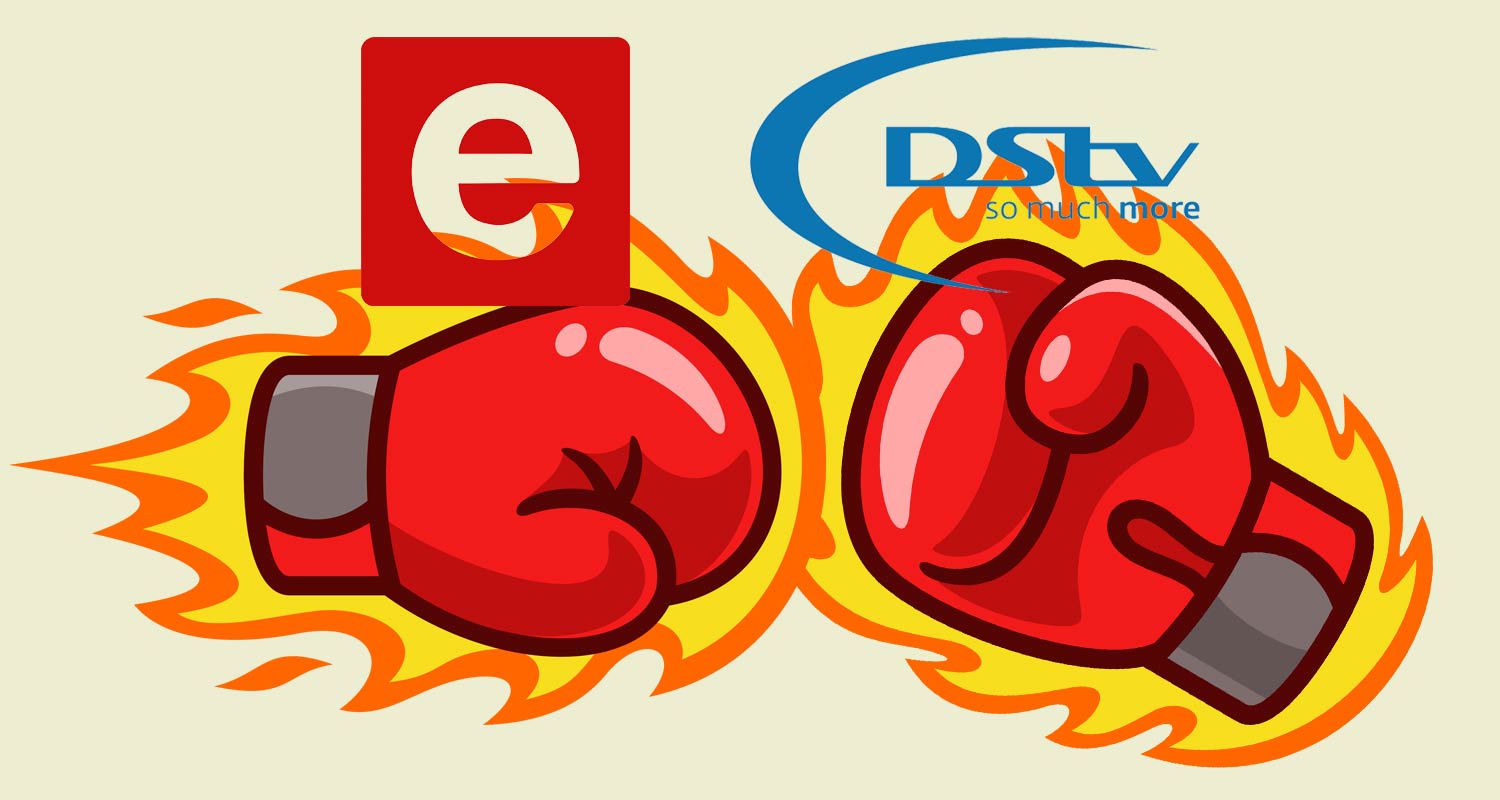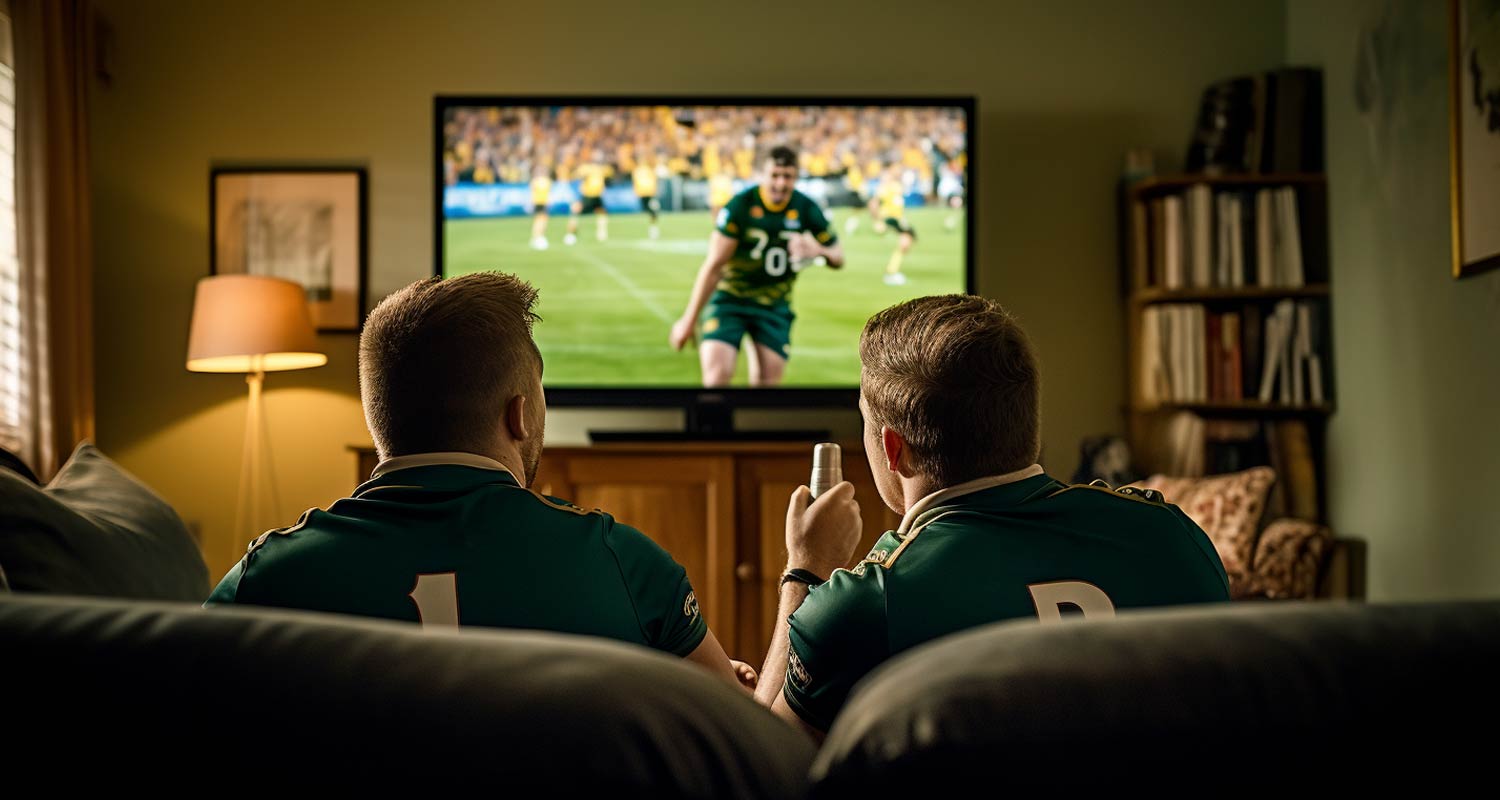 The battle at the Competition Tribunal on Thursday between eMedia Holdings and MultiChoice Group over the right to broadcast major sporting events sublicensed by the SABC on eMedia-owned Openview was as much ideological as one based in law.
The battle at the Competition Tribunal on Thursday between eMedia Holdings and MultiChoice Group over the right to broadcast major sporting events sublicensed by the SABC on eMedia-owned Openview was as much ideological as one based in law.
Counsel for eMedia Max du Plessis, SC, argued along constitutional lines on behalf of eMedia, saying a “transformative approach” needed to be applied, and accused MultiChoice of having a “dismissive attitude which affected the rights of viewers”.
In October last year, eMedia filed papers with the Competition Commission and the Competition Tribunal over MultiChoice’s refusal to allow rugby and cricket games sublicensed to the SABC to be carried on the public broadcaster’s channels on the Openview free-to-air satellite platform.
This was after it withdrew legal action against MultiChoice at the high court after the court ruled its application wasn’t urgent.
Du Plessis argued on Thursday that MultiChoice had adopted an absolutist position, which favoured commercial rights over the “duty recognised by the constitution for a public broadcasting service” (the SABC).
Du Plessis went on to say that “continued enforcement of dominance by MultiChoice would deprive millions of viewers” and said eMedia was seeking relief “not as a posture but in terms of constitutional law to ensure that this dominance did not perpetuate historical inequality”.
Also appearing for eMedia, Gavin Marriott, SC, said: “The abusive restrictions by MultiChoice must be subjected to competition law scrutiny; the relief we seek is from enforcing restrictions on sublicensing agreements.”
Conflict
The SABC has been in conflict with MultiChoice — and its SuperSport subsidiary — for some years for imposing conditions around sublicensing arrangements which the public broadcaster feels “inhibit” it. The restrictive imposition of unfair sublicensing conditions by the dominant player was one of the key problems raised by the SABC.
“The public should be aware that Springbok matches are defined as national sporting events by communications regulator Icasa and that free-to-air broadcasters are mandated by the regulator to make these events available,” the SABC added.
Making the case for his client, MultiChoice, Wim Trengove, SC, said he wanted to deal in facts. He said the cost of buying rights to major sporting events was very expensive, that broadcasters competed for them, and that the ownership of the copyright was vested with the organisers.
He reminded the tribunal that MultiChoice’s business model was to differentiate itself from other offerings and that it was under no obligation to provide free of charge a service for which it had paid, but had every right to sublicense them.
 “eMedia seems to think it is entitled to it for free, but it doesn’t compete at all: it spends no money and takes no risks. That’s what competition is all about,” he said.
“eMedia seems to think it is entitled to it for free, but it doesn’t compete at all: it spends no money and takes no risks. That’s what competition is all about,” he said.
Trengove said in his view and on the facts the constitutional argument was “flawed and had no substance”.
He said no such constitutional right exists allowing the public “the right” to watch broadcast material for free, in the same way that books and other works are not available free of charge. “And even if there were such a duty, that would surely fall to the state, not private parties,” he said.
“Nobody has done more to broadcast sport in South Africa than SuperSport,” he said. “eMedia has made no contribution whatsoever. And the constitution has nothing to do with this case.” — © 2024 NewsCentral Media




